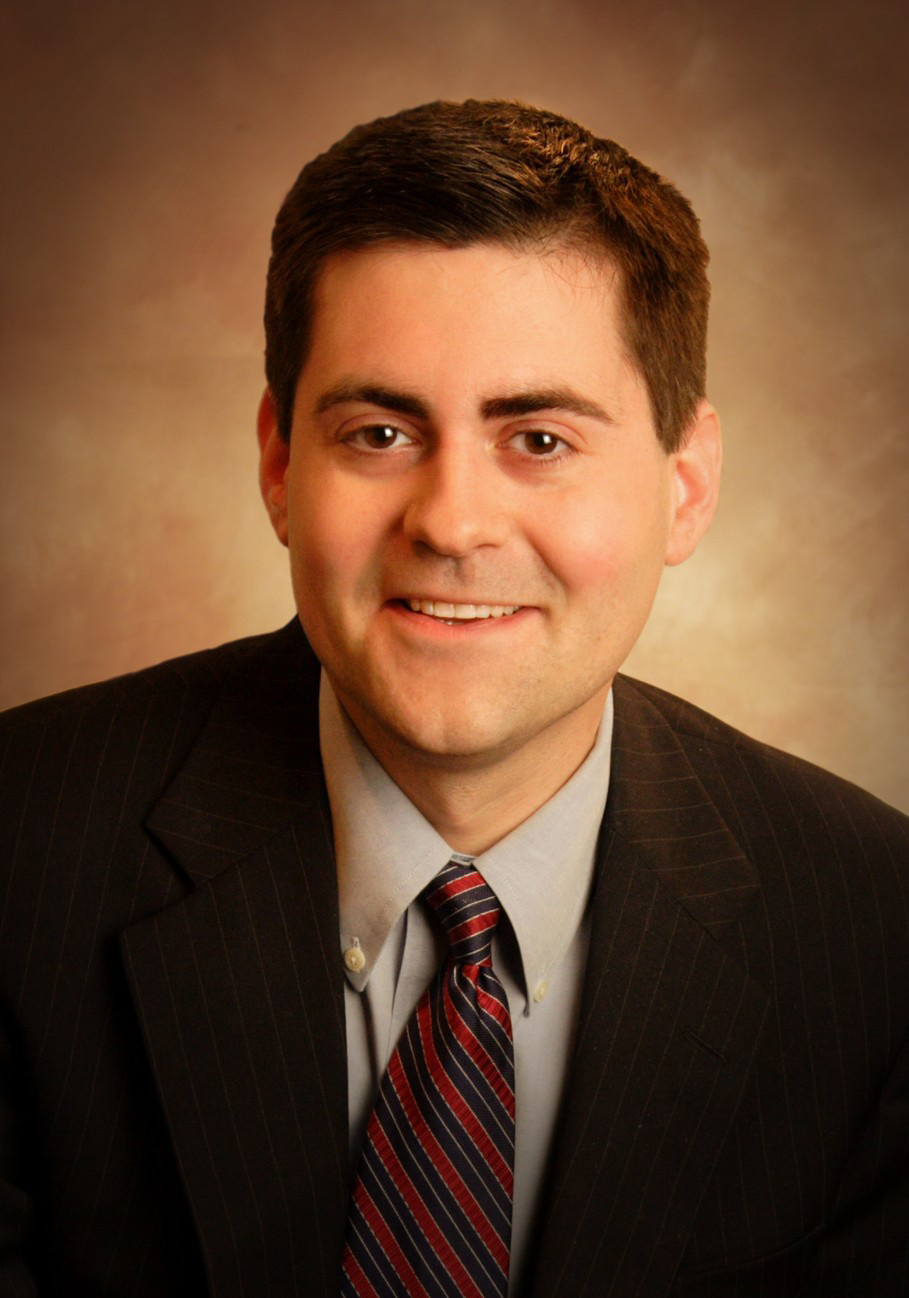
LOUISVILLE, Ky. (BP)–The New York Times recently featured a front-page story on the members who have left Woodland Hills Church in suburban St. Paul, Minn., over Pastor Gregory Boyd’s denunciation of “politics.” The Times headline summarized the story, “Disowning conservative politics, evangelical pastor rattles flock.
Some of the things Boyd renounces in the article are well worthy of renunciation. Some churches have too closely aligned the Kingdom community with one particular nation-state or political party, that is true. But the article also leaves murky, as does Boyd’s new book (“The Myth of a Christian Nation”) on the subject, how the church plans to challenge prophetically such social and state-sponsored evils as abortion.
According to the Times story, Boyd criticizes “the ‘hypocrisy and pettiness’ of Christians who focus on ‘sexual issues’ like homosexuality, abortion or Janet Jackson’s breast-revealing performance at the Super Bowl halftime show.”
If Pastor Boyd wants his church not to be seen as “Republican,” many of us can agree with him. If he wants his church to be silent on theological issues, such as abortion and religious liberty, that the ambient culture deems “political,” then he is now just what he fears about the flag-waving megachurch pastor down the street: a dupe for the powers-that-be.
It is interesting that the Times chose to interview postmodernist “emerging church” leader Brian McLaren. McLaren, of course, lambasted the politicization of evangelical Christianity. Again, some of this critique is called for. Voting guides with a “Christian” position on the Balanced Budget Amendment and the line item veto right next to a Christian view of partial-birth abortion tend to trivialize the importance of issues about which the church should rightly speak.
But McLaren and the seeming political isolationists on the evangelical left and the postmodern ooze are hardly apolitical. They constantly call the church to a Kingdom view of sustainability or opposition to global warming or, with Bono in tow, debt relief for Africa. Many of these things are quite worthy of Christian proclamation and action. But how is opposition to legal abortion “political” while economic, energy, and liberal foreign policy statements are not? The ambient culture applauds a position on third world debt relief or automobile emissions controls. It doesn’t applaud legal protection of the unborn.
I would cheer movements like Boyd’s if they were saying, “Don’t think the Republican Party is the Kingdom of God.” Evangelicals shouldn’t be anyone’s voting bloc, and we shouldn’t give a blank check of support to any party’s policies because they agree with us on some important ones. That’s true. Some pastors and Christian leaders on the right will support any program and endorse any agenda, so long as it keeps the White House door open to them.
But it seems disingenuous when they tell us not to talk about some issues from a biblical perspective while rallying around other issues from a biblical perspective, and those issues just happen to be consonant with the Democratic Party platform. We’re as duped as we want to be.
One aspect of Boyd’s critique is absolutely true, and is borne out in The New York Times article. Evangelicalism has taken on a political identity while shedding a theological one. A thousand people left Boyd’s church. They held a “conservative” stance on issues such as the church’s role in society. And yet, for years, Boyd has taught an aberrant theological position known as open theism that says God does not know the future free actions of people. He has preached that the universe is a democracy rather than a monarchy, and that God’s purposes are thwarted by human and angelic decisions He didn’t anticipate and He can’t overturn. He has articulated an egalitarian view of men and women fully in line with the feminist movement and fully out of step with the biblical canon. Where were the thousand “conservatives” then?
–30–
Russell D. Moore is dean of the school of theology and senior vice president for academic administration at Southern Baptist Theological Seminary in Louisville, Ky.

















